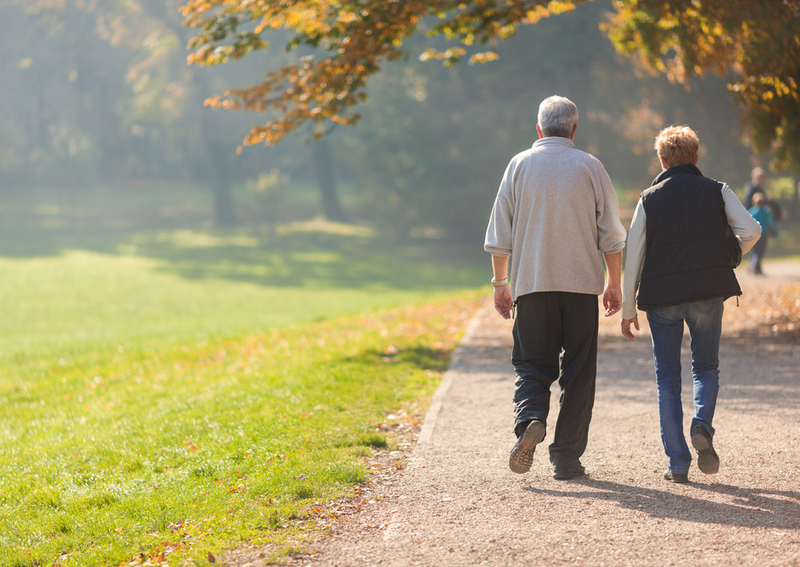
The Importance of Vitamin D in Seniors
Vitamin C and B12 may be the prime ones that come to your mind when you think about essential micronutrients that seniors need. However, not many people realize that vitamin D is the powerhouse vitamin that older adults need to maintain their overall health. Below are some interesting facts about vitamin D that explain why it is important for seniors.
Vitamin D Can Keep Seniors Healthy
Vitamin D refers to a group of fat-soluble hormones, which are present in certain foods and produced when ultraviolet rays from sunlight interact with our skin. These hormones help the body to absorb and use calcium effectively, while serving as an anti-inflammatory agent as well. This helps to promote cell growth and reduce the accumulation of harmful plaque in the body. Vitamin D also improves muscle growth and strengthens immune function, which can be very beneficial for a person’s wellness.
Vitamin D Can Stimulate Mood
Studies have found that vitamin D interacts with enzymes in the brain, which further helps to maintain good brain health. A lack of vitamin D in seniors can cause issues like depression, seasonal affective disorder, and sleeplessness. On the other hand, maintaining an optimal level of vitamin D in the body can help to keep off mood-altering conditions as well as dementia, multiple sclerosis, Parkinson’s disease, and many other brain-related disorders.
Vitamin D Level Can Be Maintained Easily
Seniors do not need a lot of vitamin D to reap all the positive benefits it can offer. A daily dosage of 600 IU or 15 mcg is enough to maintain the micronutrient’s level in the body. Consuming a little extra vitamin D does not cause any serious effects in seniors either. Yet it is recommended to maintain the daily dosage as mentioned because significant overdoses of vitamin D for prolonged periods (over 1000 mcg) can lead to adverse health effects.
Vitamin D Can Be Found Almost Everywhere
The most interesting part of vitamin D intake is that seniors do not need any major supplements for that. The human body makes vitamin D naturally when exposed to sunlight directly. Therefore, a simple stroll during the sunrise or sunset can be enough to draw all the benefits of vitamin D while enjoying the physical activity. However, it is important that seniors protect their skin from burning if they are out in the sun for more than 30 minutes.
Apart from that, fish and fish oils, mushrooms, milk, and many other natural sources also contain vitamin D, which makes it easier to take the daily necessary dose of the micronutrient for seniors. If needed, doctors may also prescribe vitamin D supplements after checking other medication interactions or any health risks.
